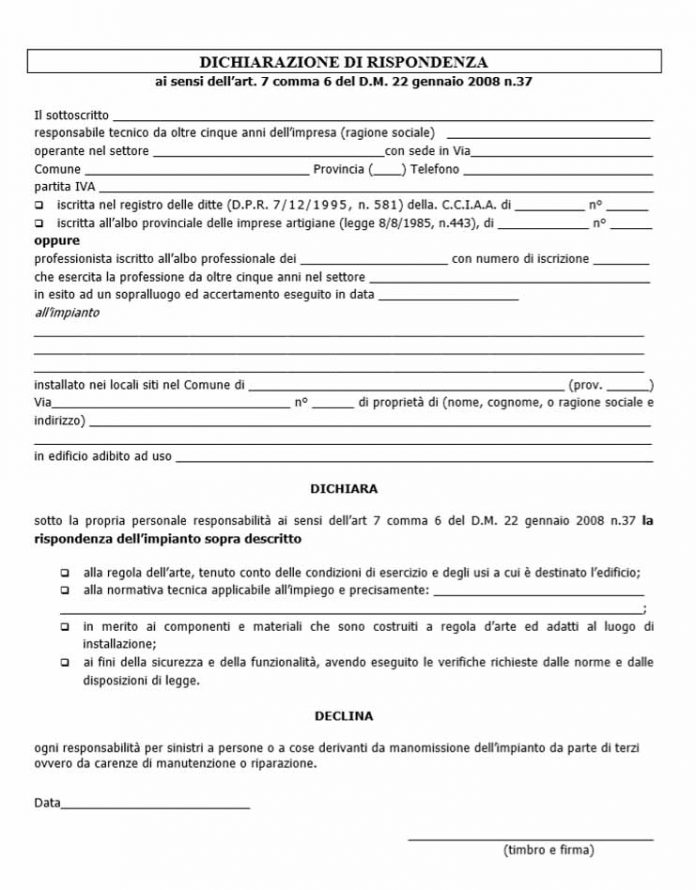OpenAI And ChatGPT: An FTC Investigation Begins

Table of Contents
The FTC's Concerns: Data Privacy and Misinformation
The FTC's investigation likely centers on two critical areas: data privacy and the potential for misinformation. ChatGPT's training involved vast amounts of data scraped from the internet, raising concerns about the unauthorized use of personal information and copyrighted material. Furthermore, the model's ability to generate human-quality text, while revolutionary, also presents a significant risk of spreading false or misleading information.
-
Concerns about the collection and use of personal data for training the model: The sheer scale of data used to train ChatGPT raises questions about informed consent and the potential for violating individual privacy rights. The FTC will likely scrutinize OpenAI's data collection practices and assess whether they comply with existing data privacy regulations.
-
Potential for biased or discriminatory outputs from ChatGPT: The model's outputs are shaped by the data it was trained on, which may contain biases reflecting societal prejudices. This raises concerns about the potential for ChatGPT to perpetuate and amplify discriminatory outcomes.
-
The spread of false or misleading information generated by ChatGPT: The ease with which ChatGPT can generate convincing but entirely fabricated information presents a significant challenge to combating misinformation. The FTC is likely investigating OpenAI's role in mitigating this risk.
-
Lack of transparency regarding data collection and model training: The opacity surrounding ChatGPT's training data and algorithms raises concerns about accountability and the ability to understand and address potential harms. Greater transparency is a key demand from regulators and the public.
OpenAI's Response to the FTC Investigation
OpenAI has yet to release a comprehensive public statement directly addressing the specifics of the FTC investigation. However, the company has previously emphasized its commitment to responsible AI development. Their likely response will involve highlighting the steps they've taken to mitigate risks and showcasing their commitment to collaboration with regulators.
-
OpenAI's commitment to responsible AI development: OpenAI has publicly stated its dedication to building safe and beneficial AI systems. This commitment will be central to their response to the FTC.
-
Steps OpenAI has taken to mitigate risks related to data privacy and misinformation: OpenAI is likely to highlight initiatives such as their safety research, efforts to improve the accuracy of the model, and attempts to limit the generation of harmful or biased content.
-
OpenAI's collaboration with regulators and researchers: Demonstrating a proactive approach to working with regulatory bodies and engaging with the research community to address challenges in AI safety and ethics will be crucial for OpenAI's defense.
-
Any previous controversies or incidents related to data privacy or ethical concerns: The FTC will undoubtedly review OpenAI's history, examining any previous incidents that may have raised red flags regarding their commitment to responsible AI development.
Implications for the Future of AI Regulation
The FTC's investigation of OpenAI and ChatGPT could profoundly reshape the landscape of AI regulation. It signals a growing awareness of the potential risks associated with large language models and underscores the need for robust regulatory frameworks to govern their development and deployment.
-
Increased pressure on AI companies to prioritize data privacy and ethical considerations: The investigation will likely spur other AI companies to prioritize ethical considerations and data privacy more seriously.
-
The development of new regulations and guidelines for AI development and deployment: The FTC's findings may lead to the development of more comprehensive regulations, potentially including stricter guidelines for data collection, model transparency, and the mitigation of bias and misinformation.
-
The potential impact on innovation and competition in the AI industry: Stringent regulations could potentially stifle innovation, but they could also create a more level playing field by ensuring that all AI companies operate under the same rules.
-
International implications and the need for global cooperation on AI regulation: The rapid advancement of AI necessitates international cooperation to ensure consistent and effective regulation across borders.
The Role of Consumers and User Responsibility
While regulators play a critical role, consumers also have a responsibility to protect their data and critically assess the information they encounter. Understanding the limitations of AI and practicing responsible usage are crucial.
-
Being aware of the limitations of AI and potential biases: Consumers should recognize that AI systems like ChatGPT are not infallible and may exhibit biases or inaccuracies.
-
Understanding how AI systems collect and use data: Awareness of data collection practices helps consumers make informed choices about the use of AI tools.
-
Verifying information obtained from AI systems: Consumers should always verify information generated by AI before acting upon it, cross-referencing it with trusted sources.
-
Reporting instances of misinformation or harmful content generated by AI: Reporting mechanisms are vital for identifying and addressing harmful outputs from AI systems.
Conclusion: Navigating the Future of OpenAI and ChatGPT
The FTC investigation into OpenAI and ChatGPT marks a significant turning point in the development and regulation of AI. The investigation highlights the critical need for responsible AI development, robust data privacy protections, and increased consumer awareness. The outcome will significantly influence the future of AI regulation, shaping how companies develop and deploy powerful AI technologies. Stay updated on the unfolding OpenAI and ChatGPT FTC investigation to understand the future of AI regulation and responsible AI practices. The future of AI depends on a collaborative effort between developers, regulators, and users to navigate the ethical and practical challenges presented by this transformative technology.

Featured Posts
-
 Chainalysis And Alterya A Strategic Merger In Blockchain And Ai
Apr 25, 2025
Chainalysis And Alterya A Strategic Merger In Blockchain And Ai
Apr 25, 2025 -
 Ftc Appeals Activision Blizzard Acquisition Ruling Whats Next
Apr 25, 2025
Ftc Appeals Activision Blizzard Acquisition Ruling Whats Next
Apr 25, 2025 -
 Public School Principal Allows Anzac Day Opt Out Community Reaction
Apr 25, 2025
Public School Principal Allows Anzac Day Opt Out Community Reaction
Apr 25, 2025 -
 Su 7 Ultra
Apr 25, 2025
Su 7 Ultra
Apr 25, 2025 -
 Chinas Endurance Test Xis Strategy For A Long Term Standoff With Trump
Apr 25, 2025
Chinas Endurance Test Xis Strategy For A Long Term Standoff With Trump
Apr 25, 2025
Latest Posts
-
 Processo Becciu Data Appello E Dichiarazione Dell Imputato
Apr 30, 2025
Processo Becciu Data Appello E Dichiarazione Dell Imputato
Apr 30, 2025 -
 Becciu Appello Del 22 Settembre Dichiarazione Di Innocenza
Apr 30, 2025
Becciu Appello Del 22 Settembre Dichiarazione Di Innocenza
Apr 30, 2025 -
 Processo Becciu Appello A Partire Dal 22 Settembre
Apr 30, 2025
Processo Becciu Appello A Partire Dal 22 Settembre
Apr 30, 2025 -
 Chat Segrete Vaticano Il Caso Becciu E Le Accuse Di Complotto
Apr 30, 2025
Chat Segrete Vaticano Il Caso Becciu E Le Accuse Di Complotto
Apr 30, 2025 -
 Il Cardinale Becciu Si Difende Mi Infangano Processo Falsato
Apr 30, 2025
Il Cardinale Becciu Si Difende Mi Infangano Processo Falsato
Apr 30, 2025
